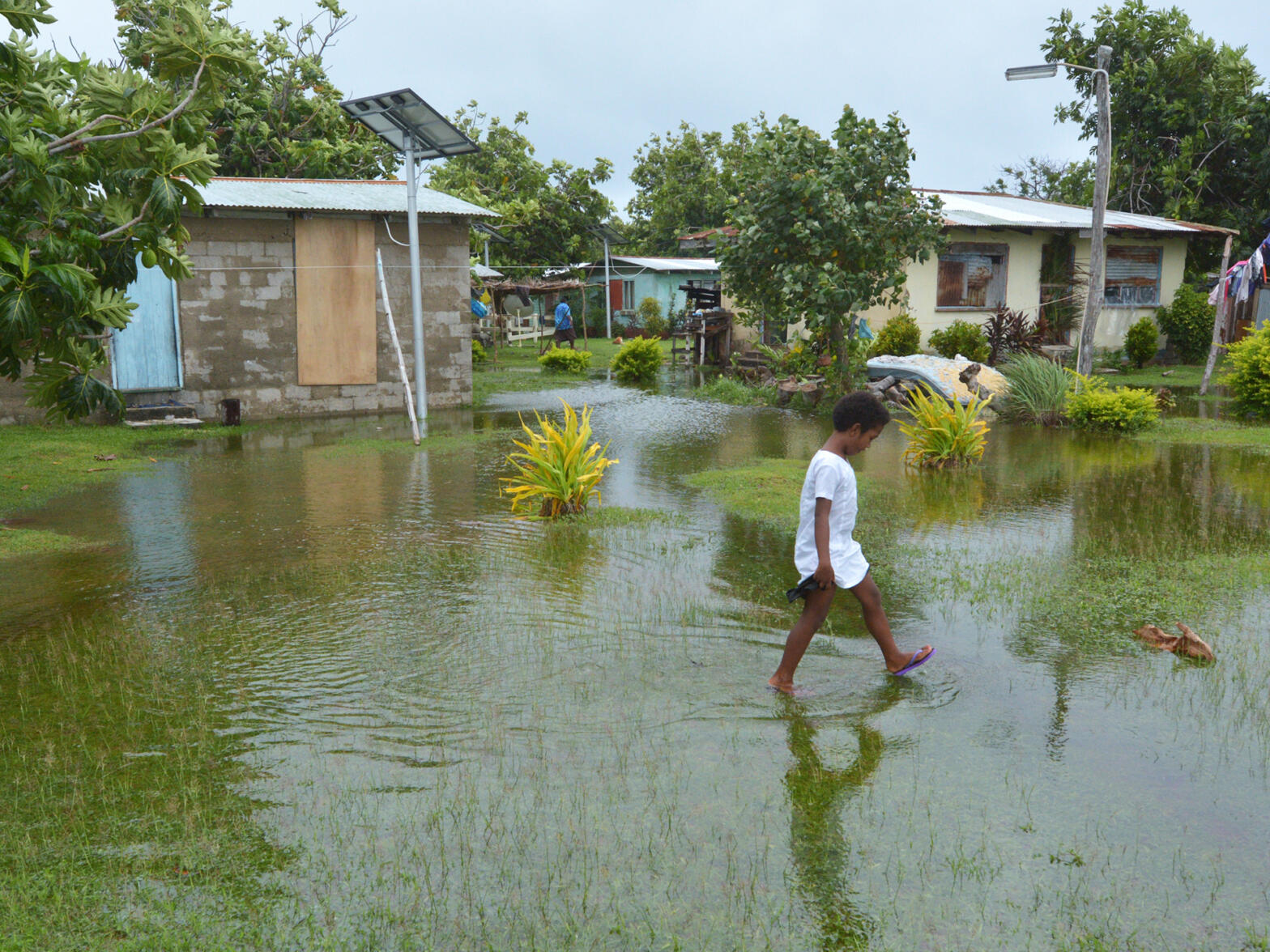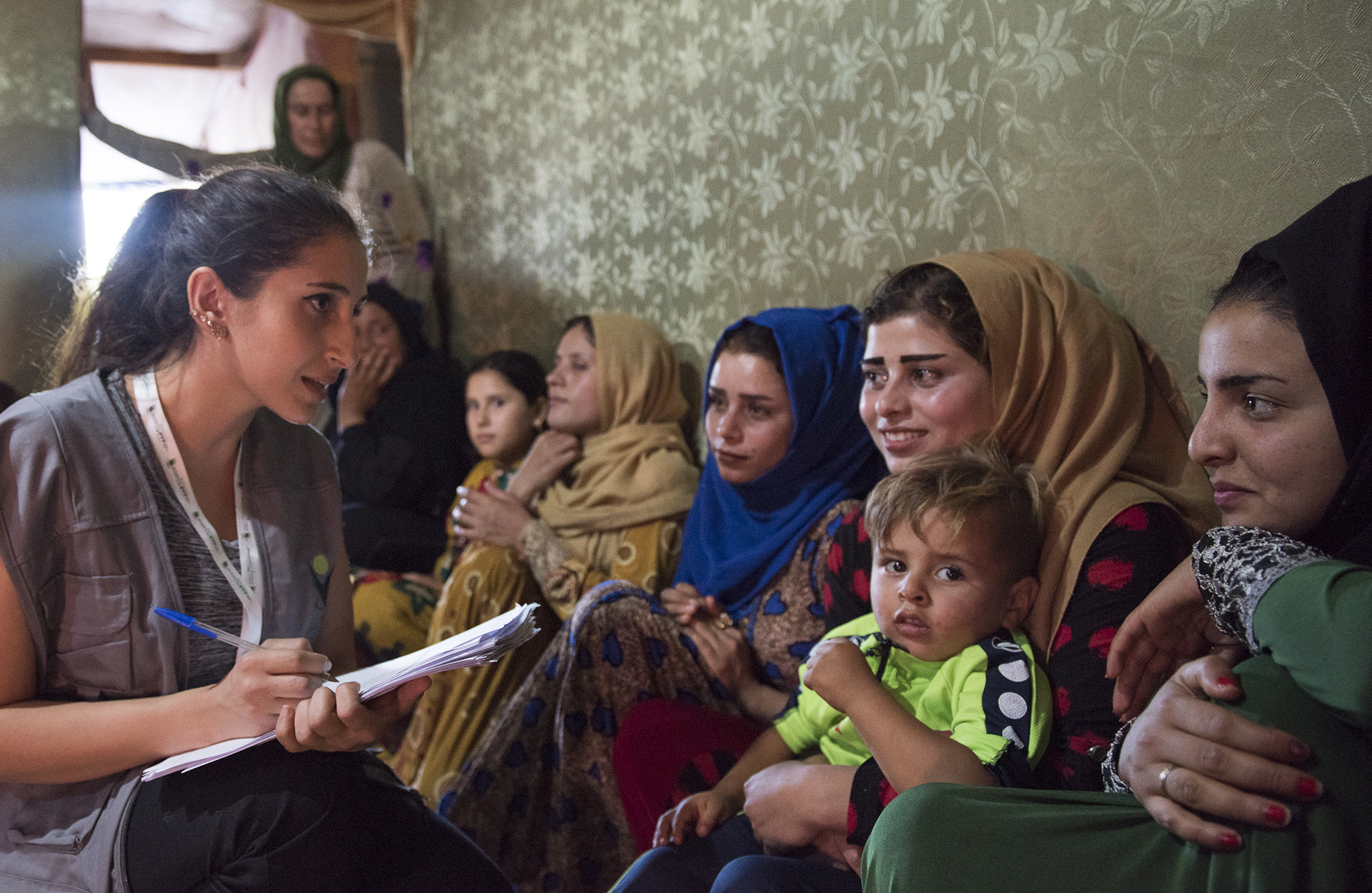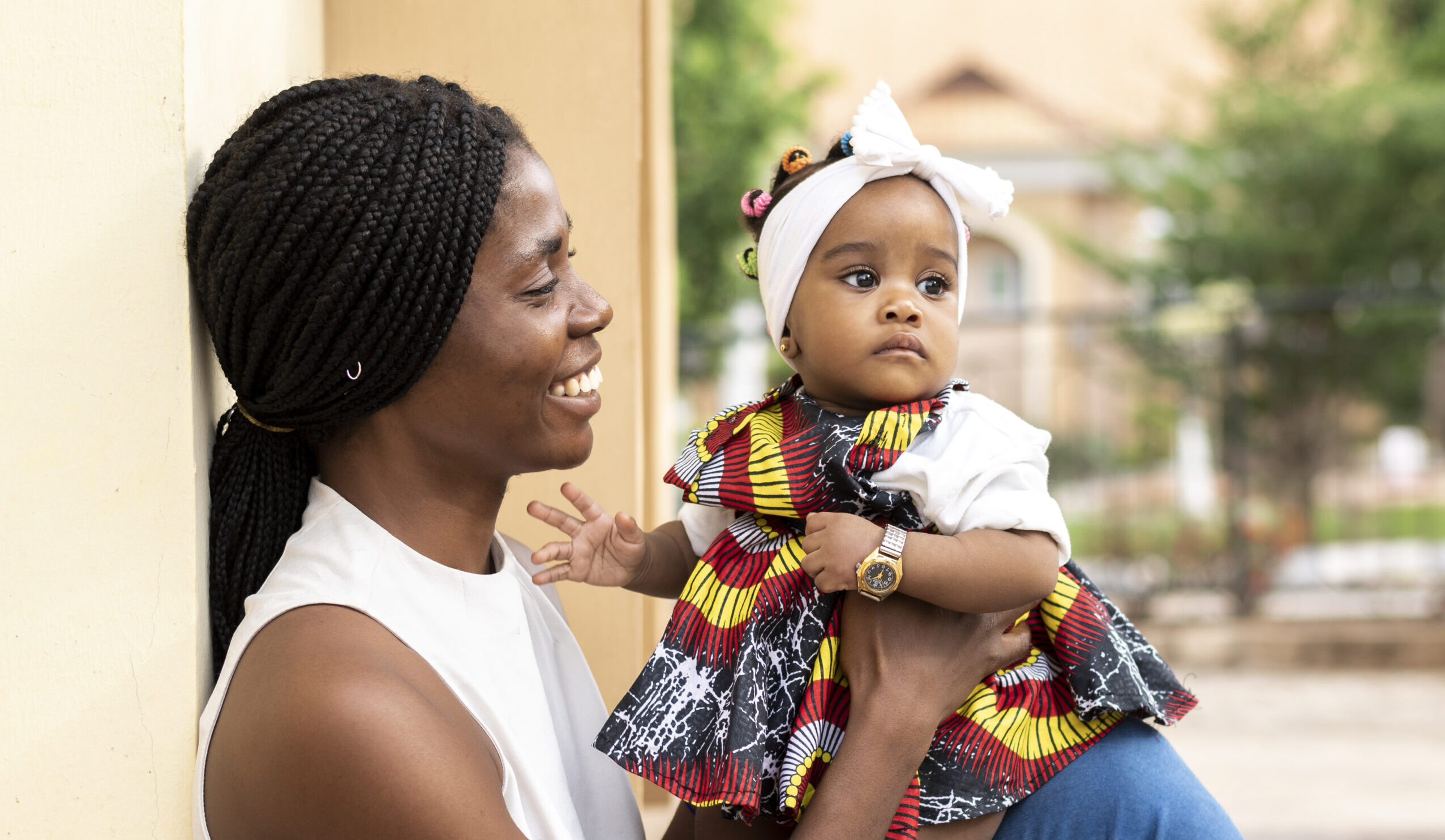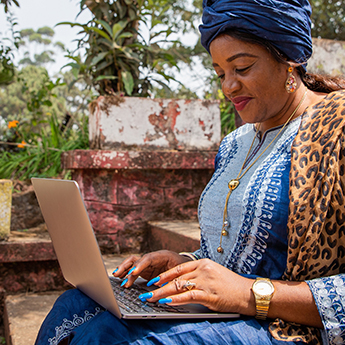Focus Areas
Working towards global reproductive choice; autonomy and empowerment; and gender equality

Millions of women and girls are displaced by natural disasters, war, or conflict each year – 34 million in 2018 alone – and are a uniquely vulnerable population.
Existing high rates of unplanned pregnancy, unsafe abortion, and maternal death in fragile contexts are magnified during times of crises.
According to research, up to 40% of women experiencing displacement across diverse settings want to avoid becoming pregnant. Yet incidents of rape and other forms of gender-based violence increase during times of crisis, affecting women and girls more acutely. And it’s a time when health systems become severely strained and skilled care is often out of reach.

How FP2030 Supports
Emergency Preparedness & Response
1
Global Consensus
FP2030 aligns with leading international organizations, including WHO, UNFPA, and UNHCR, in recognizing family planning services as essential during emergencies. Established guidelines, like the Sphere Project’s Humanitarian Charter and Minimum Standards in Disaster Response, emphasize the importance of including contraceptives in acute crisis responses.
2
Exemplary Initiatives
FP2030 highlights successful instances where family planning was integrated into emergency responses. For instance:
- In Cox’s Bazar, Bangladesh, during the Rohingya refugee crisis, UNFPA, the Government of Bangladesh, and partners delivered family planning services to address the needs of 700,000 refugees from Myanmar.
- Organizations like Profamilia, Save the Children, and CARE have focused on family planning, including long-acting contraceptives, for displaced women and girls in crises such as the Venezuelan crisis.
- The RAISE initiative, supported by CARE, Save the Children, and IRC, has provided contraceptive services, including long-acting methods, to over 1 million crisis-affected women and girls since 2011.
3
Investment and Impact
FP2030 emphasizes the value of investing in family planning services during emergencies. Reaching marginalized populations with these services aligns with FP2030 commitments and SDGs, resulting in cost savings that can be redirected toward long-term development.
4
Demonstrated Impact
FP2030 showcases the positive impact of family planning investments during emergencies. For example, investments in Chad, DRC, and Pakistan have led to savings of 35 million USD since 2012, demonstrating the potential benefits of such interventions.
5
Global Collaboration
FP2030 is an active member of the Inter-Agency Working Group for Reproductive Health in crises. This collaboration involves humanitarian implementers, donors, advocates, and academics working together to improve adherence to guidelines and standards for family planning access during emergencies.
6
Advocacy and Investment
FP2030 advocates for increased and improved investments in high-quality, voluntary family planning services within humanitarian settings. FP2030 collaborates with traditional sexual and reproductive health rights (SRHR) donors and implementers to enhance their engagement and understanding of crisis contexts.
7
Country-Level Engagement
FP2030 engages with commitment-making countries, including governments, donors, advocates, and implementing agencies, to understand their unique risks during crises. FP2030 helps identify preparedness and response actions that enhance family planning access during instability.
8
Knowledge Sharing
FP2030 leverages global and local networks to share emerging best practices and facilitate coordination among actors working in family planning during crises.








